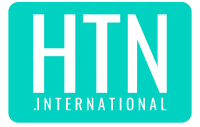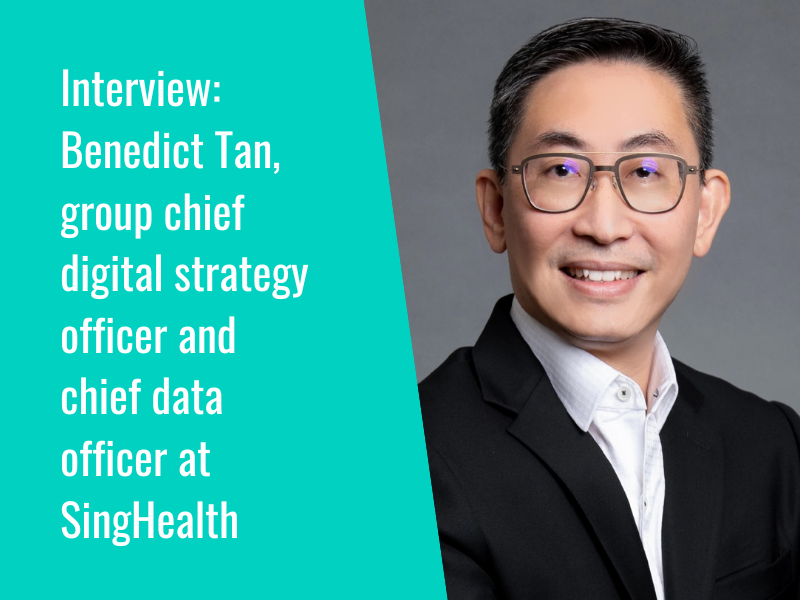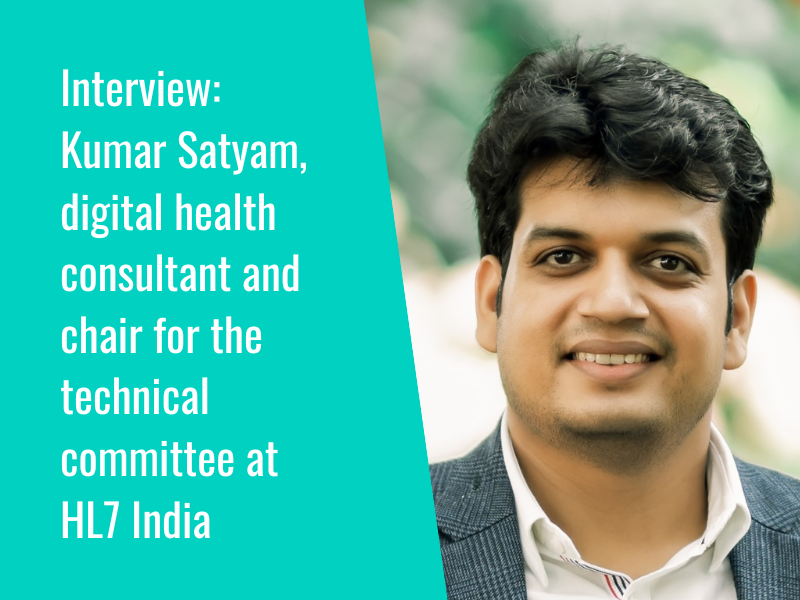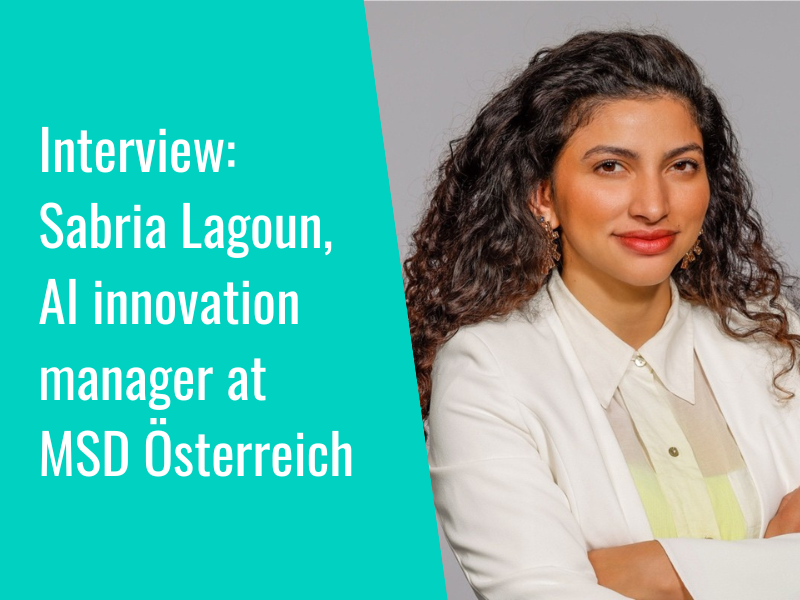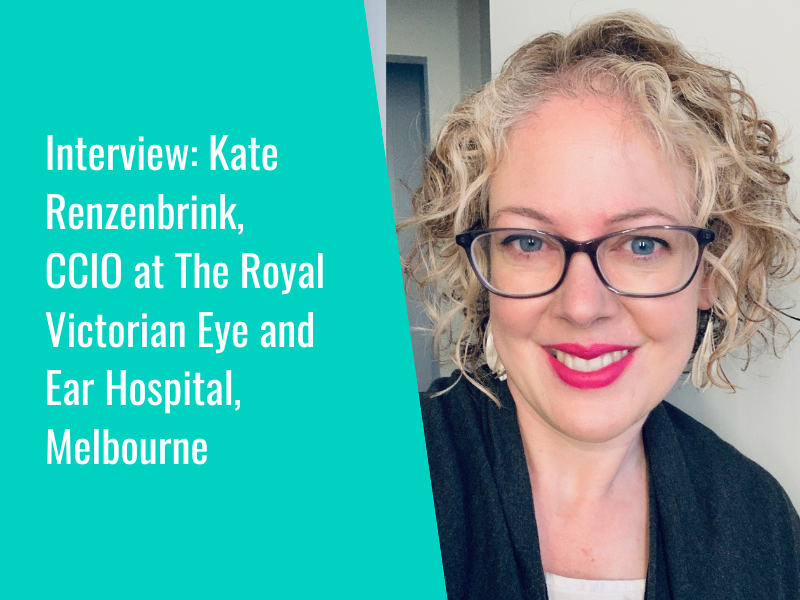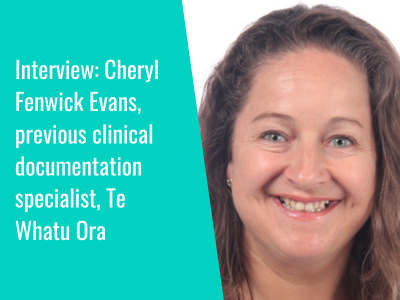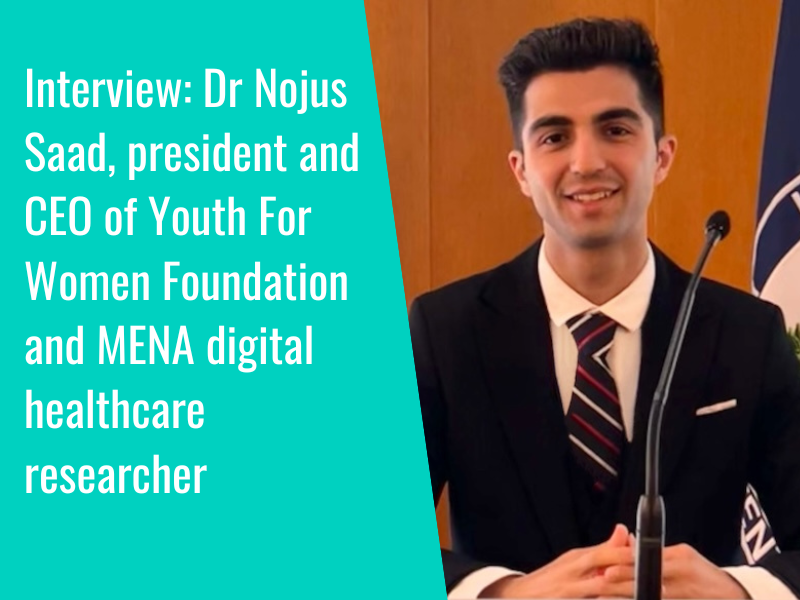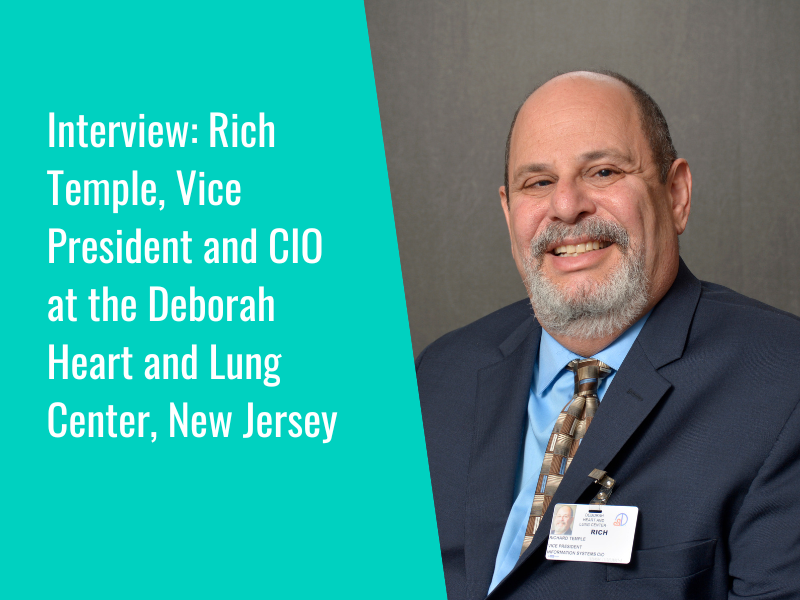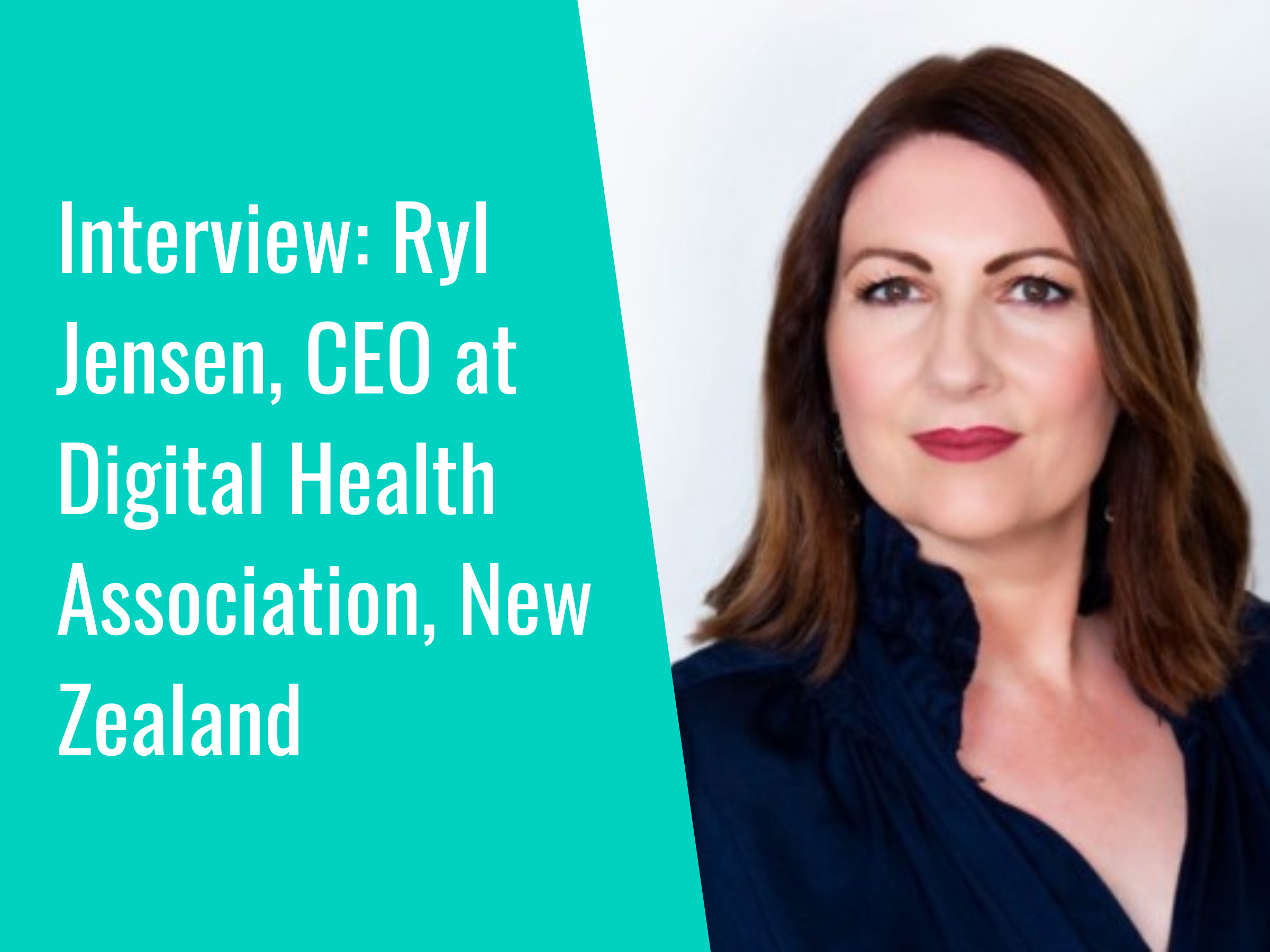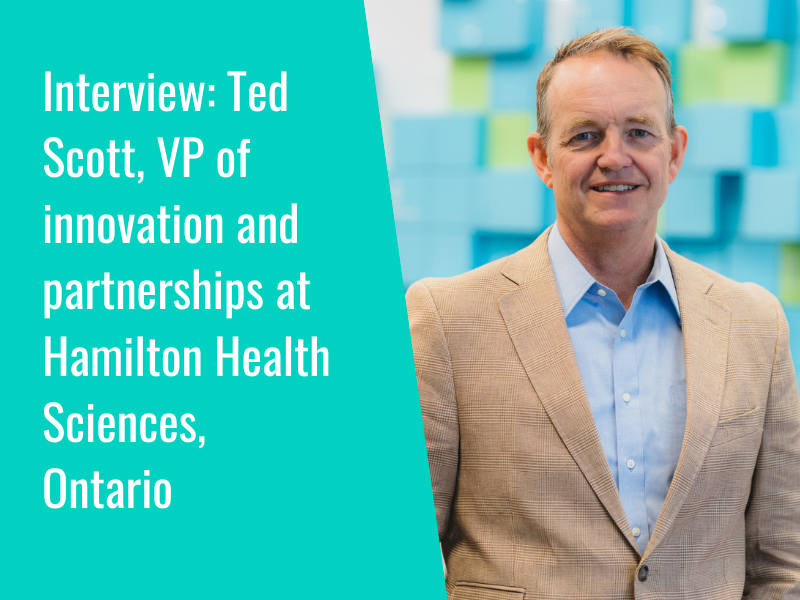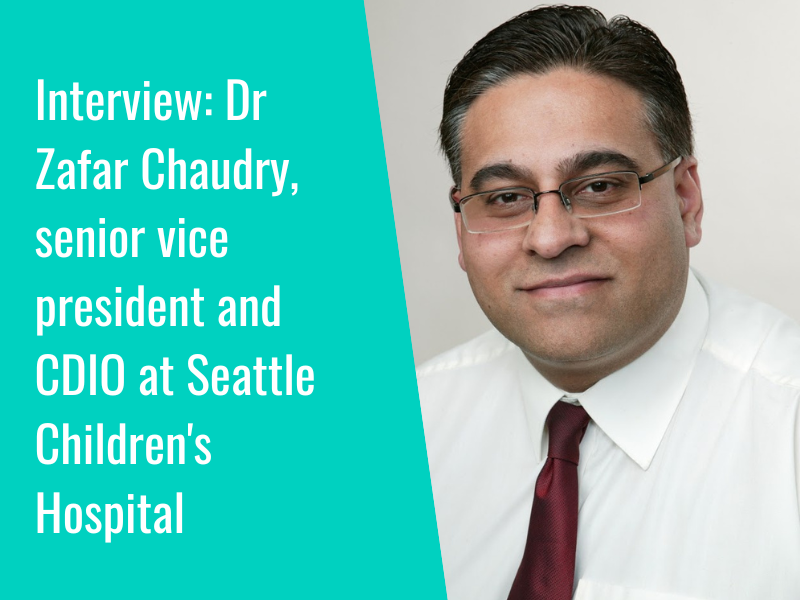Earlybird Health, a Germany-based venture capital firm with a focus on the health tech market in Europe, has announced the closure of its second fund at €173 million.
The fund will be primarily dedicated to investing in European health tech companies ranging from early development to those “nearing regulatory approval and commercialisation”. It is described as receiving support from “major institutional investors across Europe”, including health insurers, strategic investors, and public and private organisations. Key areas for investment include digital health, diagnostics, medical devices, research and development tools and biopharma, with Earlybird Health stating that the “focus is on healthcare innovations that improve patient outcomes”.
Using Eagle Eye, an AI tool with data aggregation and multiple source curation capabilities to help support its team of investors in deal sourcing, Earlybird seeks out potential investment opportunities in a range of healthcare sectors.
Dr Christoph Massner, principal at Earlybird Health, states that the company is proud of their work supporting a “dynamic and informed deal flow in the European healthcare sector”, with Eagle Eye driving “a more effective, efficient, and inclusive deal sourcing and due diligence process for our investment teams.”
Dr Christoph Straub, CEO at German public health insurer BARMER, one of the fund’s investors, comments: “We are proud to pave the way for health insurers to invest in venture capital through our ongoing support for Earlybird Health. This reflects our commitment to fostering innovation within the German and European healthcare ecosystem. We are confident these efforts will yield positive outcomes for patients worldwide.”
Elsewhere, Finnish health tech company CardioSignal has announced that it has raised $10 million in Series A funding for its tech to promote early detection of heart diseases, with the investment intended to help scale the solution and pursue further clinical validation.
- 1
- 2
